What is the Average Cost of Flood Remediation in Hamilton, OH?
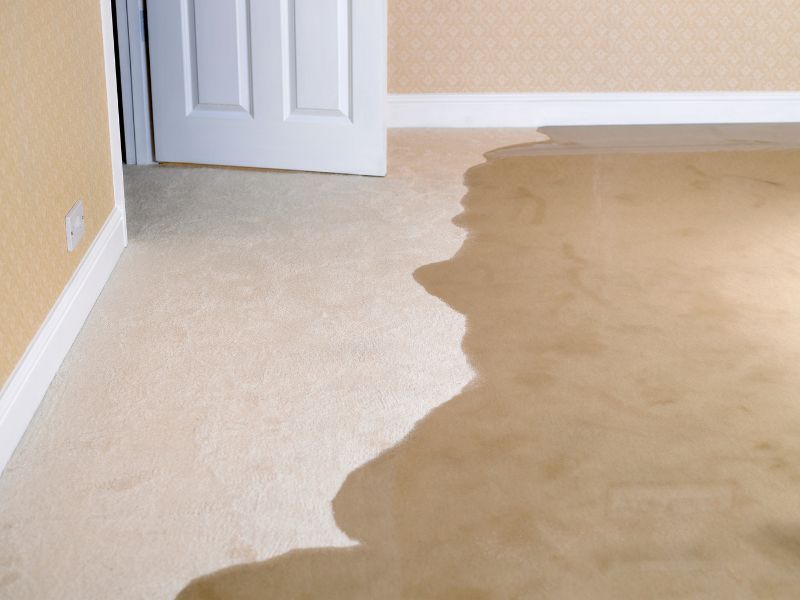
Table of Contents
ToggleIf your home or business has been affected by flooding, you might be wondering about the cost of flood remediation in Hamilton, OH. On average, flood remediation costs range between $1,500 and $7,000, depending on the severity of the damage, the affected area, and the specific services needed.
Flooding can cause significant damage to structures, personal belongings, and indoor air quality. That’s why timely flood damage remediation is crucial to preventing long-term problems like mold growth, structural instability, and electrical hazards. Whether you’re dealing with minor water damage or a major basement flooding remediation project, knowing what to expect in terms of pricing and services will help you make informed decisions.
It is also crucial to choose an experienced company, such as THH Clean, to ensure that your home is restored to its original condition as soon as possible.
Factors That Influence the Average Cost of Flood Remediation in Hamilton, OH
The cost of flood remediation services can vary widely based on several factors. Below are the key elements that impact the final price:
1. Extent of Water Damage
The level of water saturation and the size of the affected area play a significant role in determining flood remediation cost. Small areas with minimal damage may cost as little as $500 to $1,500, while severe flooding in multiple rooms can exceed $10,000.
2. Type of Water Involved
- Clean water (Category 1) – Comes from sources like burst pipes or rainwater; cleanup costs range from $3 to $4 per square foot.
- Gray water (Category 2) – Contains some contaminants from appliances or sump pump failures; cleanup costs range from $4 to $6 per square foot.
- Black water (Category 3) – Highly contaminated water from sewage backups or floodwaters; requires specialized treatment and costs between $7 to $10 per square foot.
3. Structural Damage Repairs
If floodwaters compromise flooring, drywall, or insulation, repair costs will add to the overall expense. Replacing drywall costs $1.50 – $3 per square foot, while subfloor replacement can range from $2,000 to $7,500.
4. Mold Remediation Needs
If the flood has caused mold growth, additional remediation is required. Mold removal services can add $500 to $3,000 to your overall flood remediation bill.
5. Emergency Flood Remediation Services
If you require urgent response times, after-hours service, or weekend work, expect to pay an extra $100 to $500 for emergency services.
6. Equipment and Drying Time
Professionals use industrial equipment like dehumidifiers, air movers, and water extractors. Rental costs for this equipment typically add $200 to $1,000 to the remediation bill.
What Can You Expect from a Flood Remediation Service?
When hiring a flood remediation company, it’s important to know what the process involves. Here’s a detailed step-by-step breakdown of what you can expect:
1. Initial Inspection and Assessment
A professional flood remediation team will begin with a thorough inspection of your property to assess the extent of the water damage. They will determine the type of water contamination, identify affected materials, and develop a strategic plan for restoration.
2. Water Extraction
Once the inspection is complete, the immediate priority is to remove any standing water. Using high-powered pumps, vacuums, and water extraction tools, professionals will efficiently remove water from floors, carpets, and other surfaces. The quicker the extraction process, the lower the risk of mold growth and further structural damage.
3. Drying and Dehumidification
After the standing water is removed, affected areas must be dried thoroughly to prevent secondary damage. Industrial-grade air movers and dehumidifiers are strategically placed to accelerate the drying process. Professionals may also use moisture meters and infrared cameras to ensure hidden moisture in walls, ceilings, and subfloors is addressed.
4. Cleaning and Sanitizing
Floodwater often brings contaminants, bacteria, and debris into the property. This step involves deep cleaning and sanitization of all affected surfaces, including walls, floors, and personal belongings. Specialized antimicrobial treatments and disinfectants are applied to eliminate harmful pathogens and odors. In cases where sewage water or hazardous materials are present, more intensive biohazard cleaning protocols will be used.
5. Structural Repairs and Restoration
If water has severely damaged drywall, insulation, flooring, or other structural components, repairs will be necessary. Depending on the level of damage, professionals may need to remove and replace damaged drywall, subflooring, carpeting, or even wooden structures. This phase may also include refinishing and reinstalling essential fixtures.
6. Mold Prevention and Air Quality Control
Because mold can begin growing within 24-48 hours of a flood, prevention efforts are essential. Experts may apply mold inhibitors to walls and floors, install HEPA air scrubbers to improve air quality, and recommend additional mold inspections if necessary. Proper ventilation and long-term moisture control measures will also be discussed to ensure that mold does not return.
7. Final Inspection and Prevention Measures
Before completing the service, a final walkthrough will be conducted to ensure that all moisture has been properly eliminated. Remediation professionals may provide recommendations for preventing future flooding, such as installing sump pumps, improving drainage systems, or waterproofing basements. A report detailing the work performed may also be provided for insurance claims or personal records.
Frequently Asked Questions About Flood Remediation
1. How long does flood remediation take?
The process typically takes 3 to 7 days, depending on the severity of the damage and drying time.
2. How soon should flood remediation start?
Water damage should be addressed within 24 to 48 hours to prevent mold growth and further structural issues.
3. What’s the best way to prevent future flooding?
Installing sump pumps, sealing foundation cracks, and maintaining gutters and drainage systems can help prevent water intrusion.
Restore Your Home or Business To Its Original Condition With Top Flood Remediation Experts in Hamilton, OH
Flood damage can be devastating, but with the right flood remediation services, you can restore your home or business quickly and safely. On average, flood remediation costs range between $1,500 and $7,000, depending on the severity of the damage, the affected area, and the specific services needed. If you’re facing water damage in Hamilton, OH, knowing the flood remediation cost in advance allows you to make informed decisions and choose the best solution for your property.
At THH Clean, we provide fast, reliable, and professional flood remediation services to help homeowners and businesses recover from water damage. Our expert team specializes in basement flooding remediation, mold prevention, and structural repairs. Whether you need immediate emergency flood remediation or long-term flood protection solutions, we’re here to help.
Contact THH Clean today to schedule your flood assessment and get your property back to its best condition!
Other Blogs You May Be Interested In

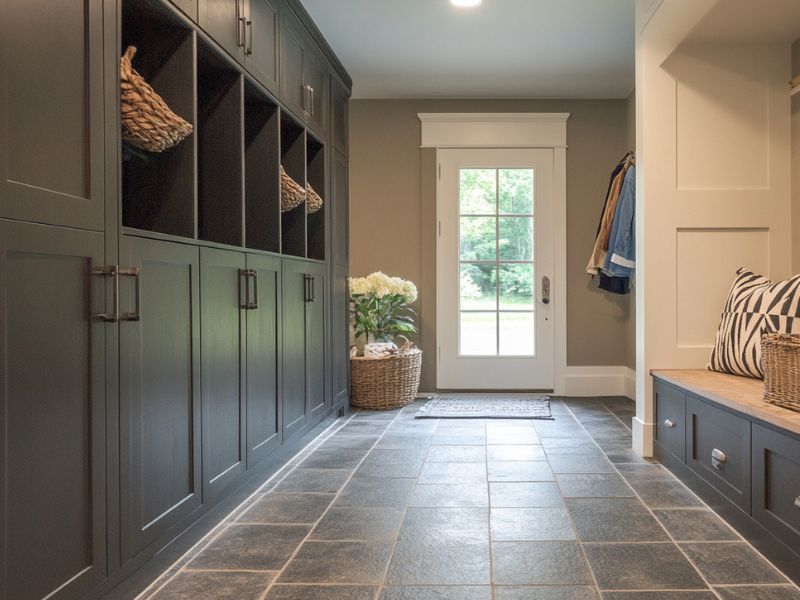
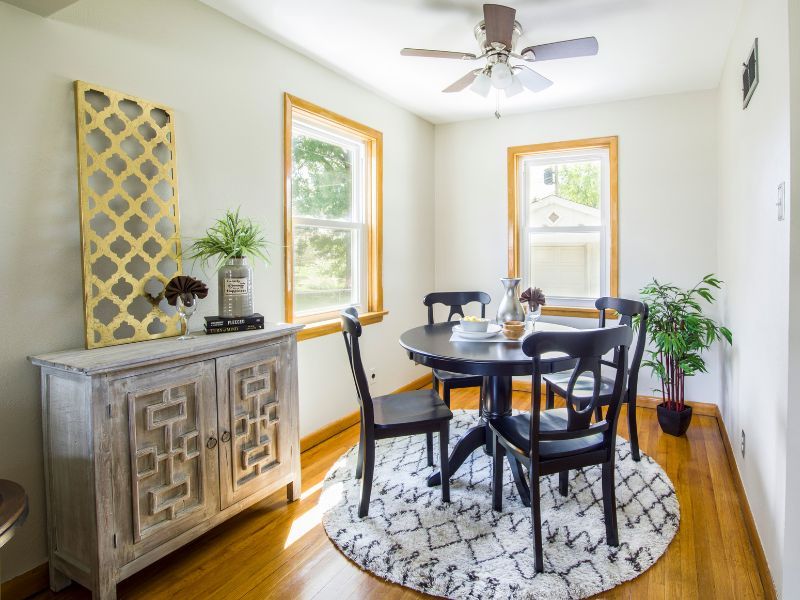



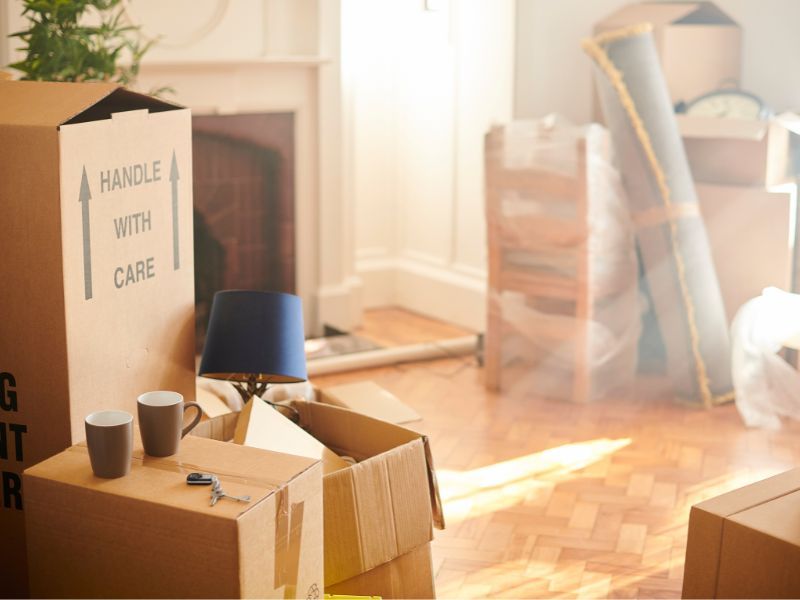
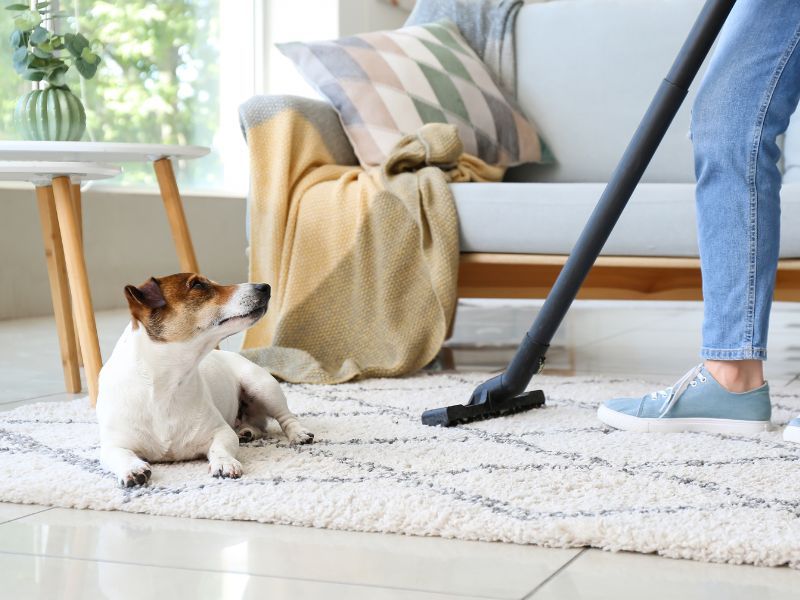




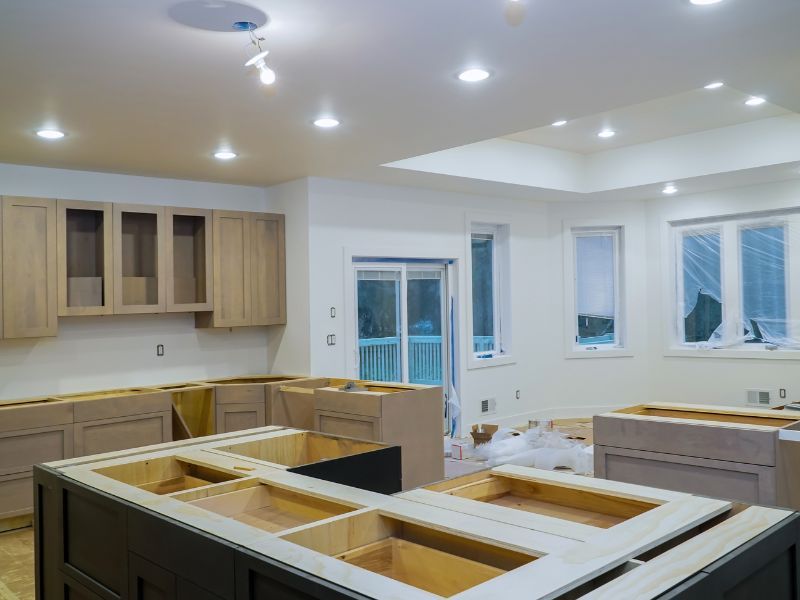

Leave a Reply